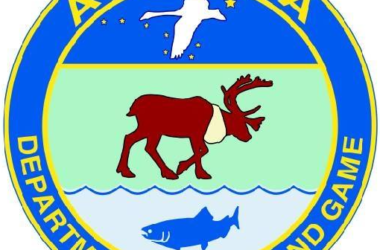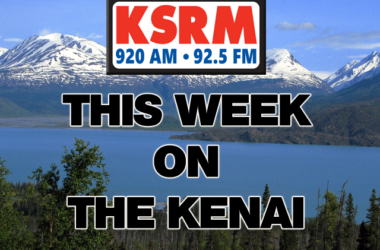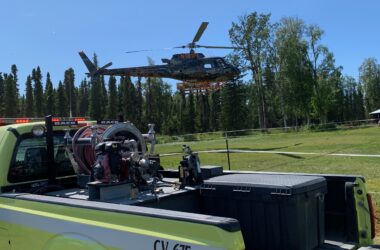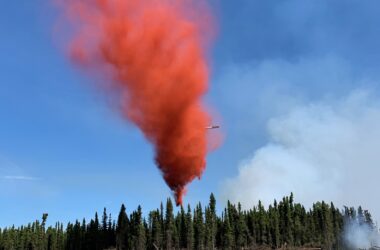During next month’s legislative session in Juneau, Alaska lawmakers will have to tackle some big challenges pertaining to numerous deficits within the annual budget. District 7 Representative Justin Ruffridge, who joined the State House last year, spoke during Wednesday’s Kenai Chamber of Commerce luncheon on budgetary challenges facing the Alaska legislature, and possible solutions to bridging the gap between funds available and funds requested.
In particular, Rep. Ruffridge said one his biggest priorities heading into the session is addressing the shortfall in the education budget. “The big area of conversation for me as the Co-Chair of House Education is what do we do with our education in the state of Alaska,” Ruffridge said at the luncheon.
According to Ruffridge, though, that’s no easy task. With districts across the state vying for limited funds, and a legislature which is already trying to squeeze water from stones at this point, the conversation over education funding is going to require a lot of attention. “It’s gonna be a real fight,” he said candidly.
Currently, the Kenai Peninsula Borough School District is sitting at a $13 million deficit for the next budgeting year. The KPBSD is not alone in this, however, and like many districts around the state, it is requesting an increase to its base student allocation (BSA)—the money allotted for each district per student enrolled in its schools.
Barring a $30 increase approved during the most recent legislative session, the last time the state bumped up the education budget’s BSA was in 2017.
Here on the peninsula, the district has asked for a BSA increase of $680. Conversely, the Anchorage School District announced on Tuesday its own request for a BSA increase, which rolled in at $1655 per student, more than double the KPBSD’s.
Ruffridge says he wants to focus on establishing a “hierarchy of need” where the education budget is concerned. “My intent is to try to solve what I would call the immediate need … Right now, the hierarchy [of need] is we really can’t afford to even offer what we offered before, and something’s gonna get cut somewhere if we can just get back to that. No, it’s not 1655, which is what ASD has asked. It’s definitely a lower number than that.”
According to the representative, some of those basic needs, or “status quo,” are things like smaller class sizes, assessment results, graduation rates, teacher satisfaction with curriculum choices, and more.
The next legislative session is slated to begin on January 17, 2024.






